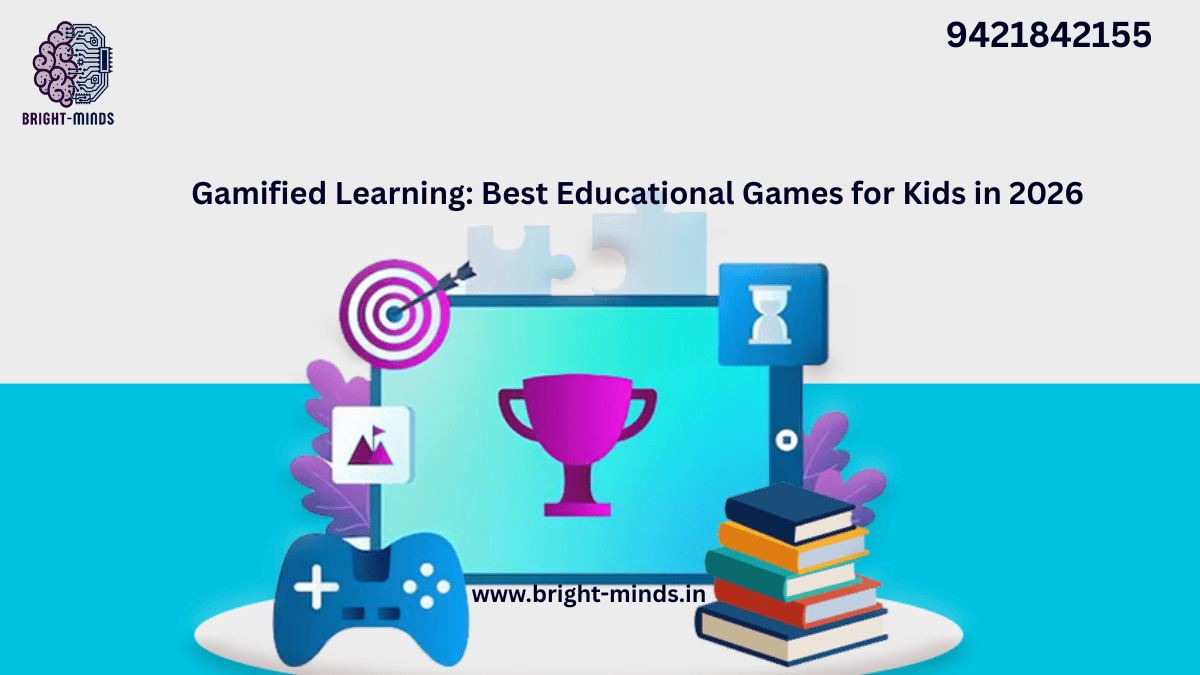Gamified Learning for Kids: Best Educational Games in 2026 Learning in 2026 is no longer limited to books and classrooms. Children now learn through games, challenges, and interactive digital experiences. This exciting approach is called gamified learning for kids, and it is changing the way young minds grow. Instead of […]
Read More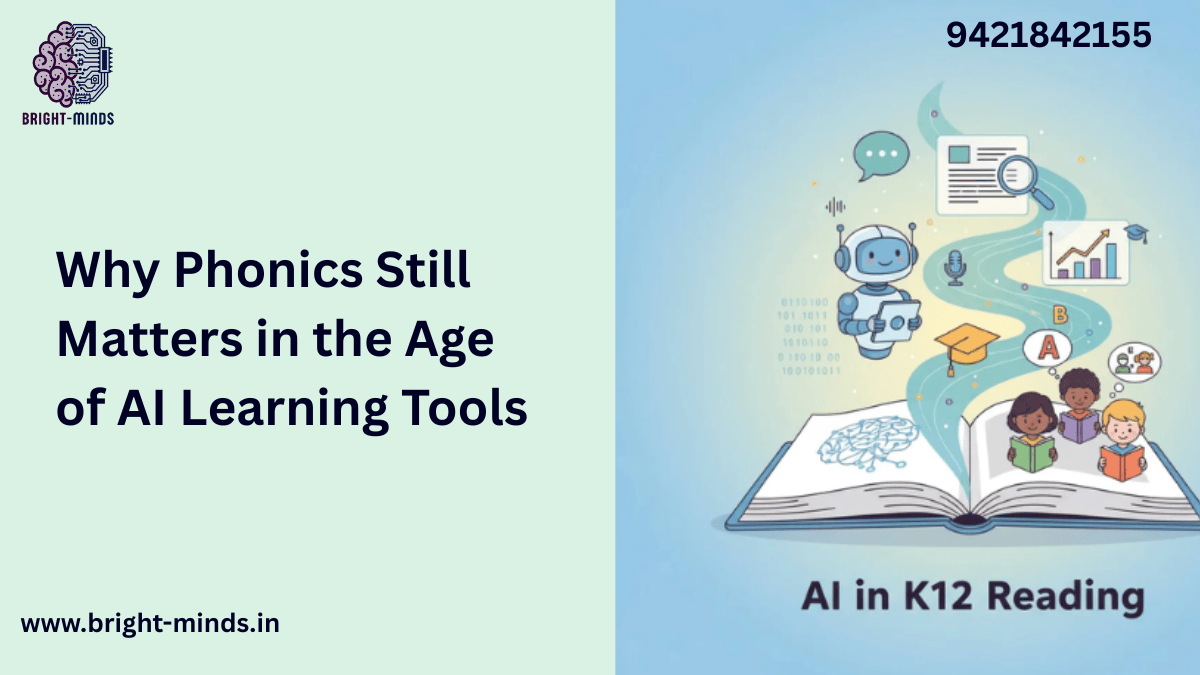
Why Phonics Still Matters in the Age of AI Learning Tools
Phonics Learning for Kids in the AI Age Why It Still Matters More Than Ever We live in a world where artificial intelligence can read, write, and even speak like humans. Children in 2026 are growing up with smart devices, AI tutors, and digital classrooms. Yet one foundational skill remains […]
Read More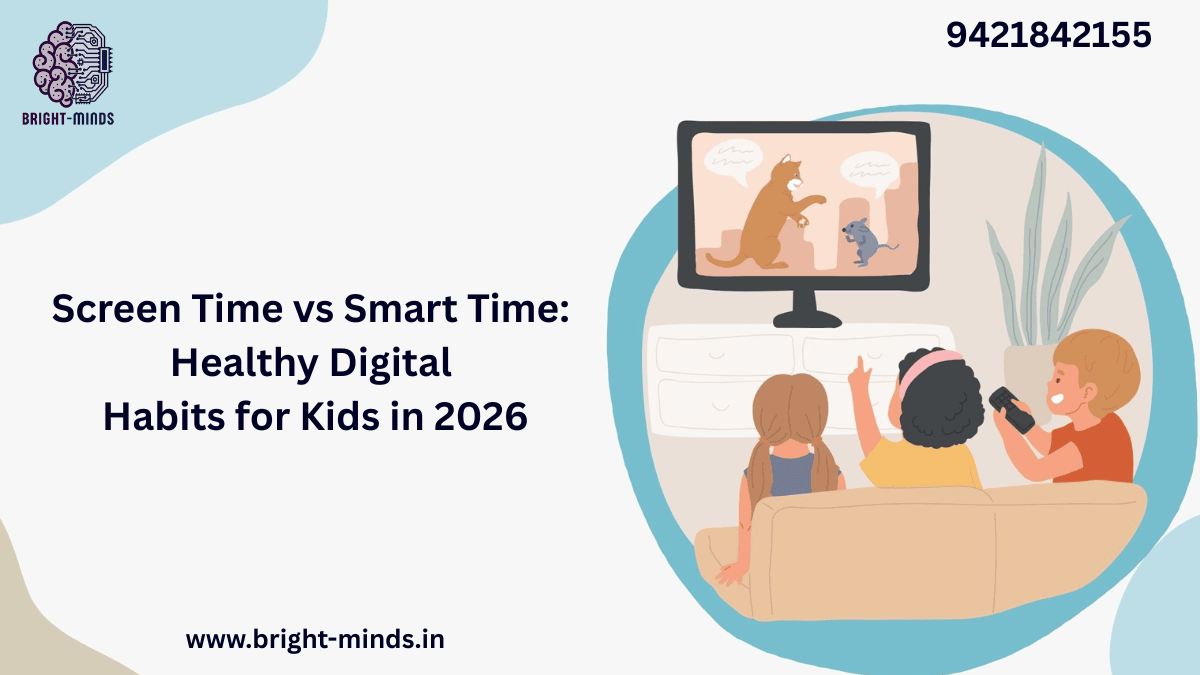
Screen Time vs Smart Time: Healthy Digital Habits for Kids in 2026
Healthy Screen Time for Kids in 2026 Screen Time vs Smart Time Screens are now part of childhood. From online classes to learning apps, digital tools are everywhere. But not all screen time is bad. The real question in 2026 is how to turn screen time into smart time. That […]
Read More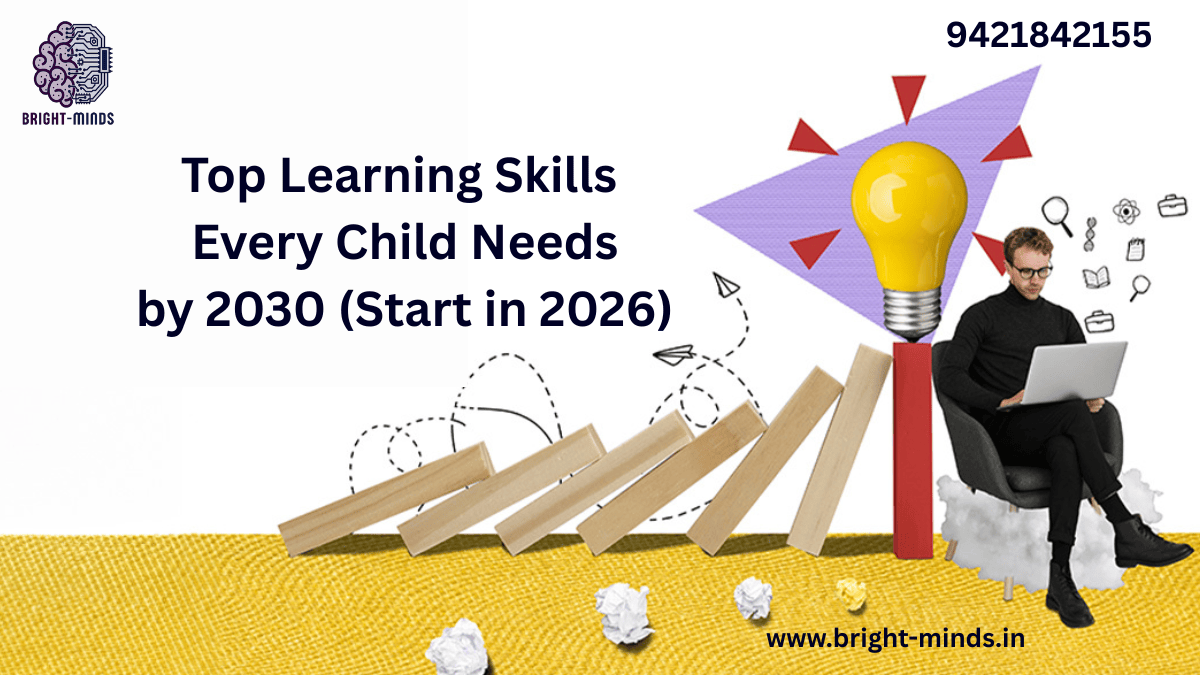
Top Learning Skills Every Child Needs by 2030 (Start in 2026)
Future Learning Skills for Kids: Preparing for 2030 Starting in 2026 The world your child will live and work in by 2030 will look very different from today. New careers, new technologies, and new ways of working are already emerging. This is why future learning skills for kids have become […]
Read More
How AI Is Changing the Way Kids Learn in 2026
AI in Kids Education: How Learning Is Changing in 2026 The classroom of 2026 looks very different from the one we grew up in. Chalkboards have become smart boards, books have become tablets, and teachers now work alongside artificial intelligence. AI in kids education is no longer a future idea […]
Read More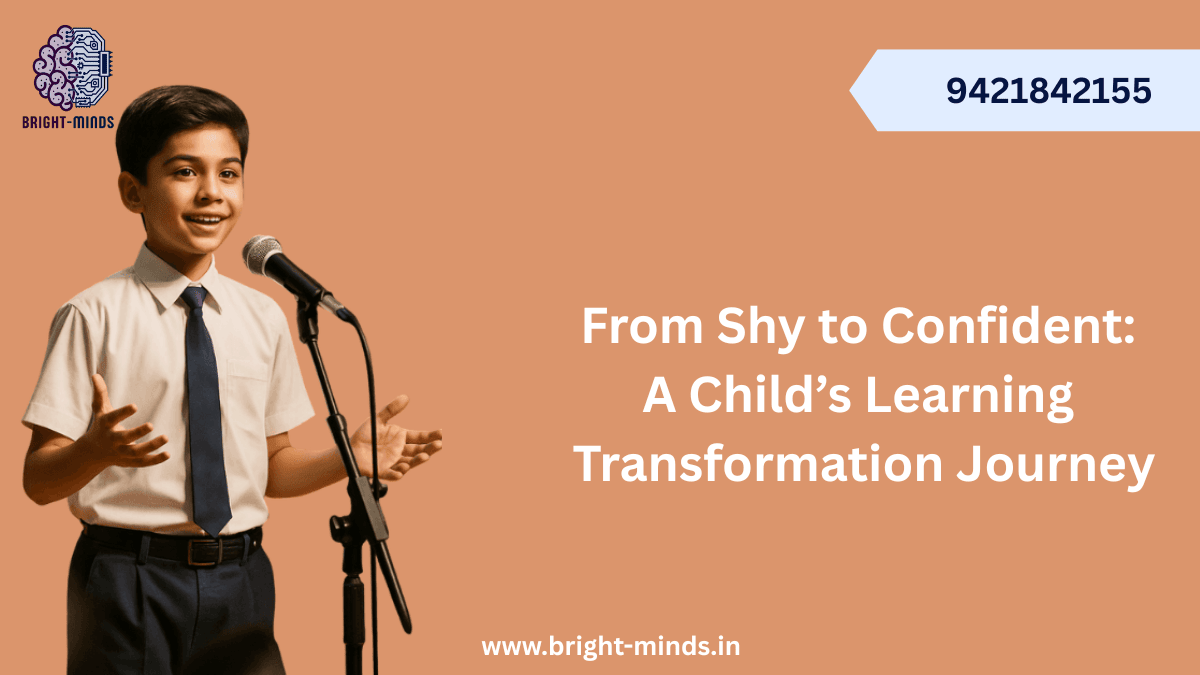
From Shy to Confident: A Child’s Learning Transformation Journey
Every confident adult was once a child who learned how to believe in themselves. Yet many children today struggle with fear, hesitation, and self-doubt. Whether it is speaking in front of a class, answering a question, or making new friends, shyness often stops them from showing their true potential. This […]
Read More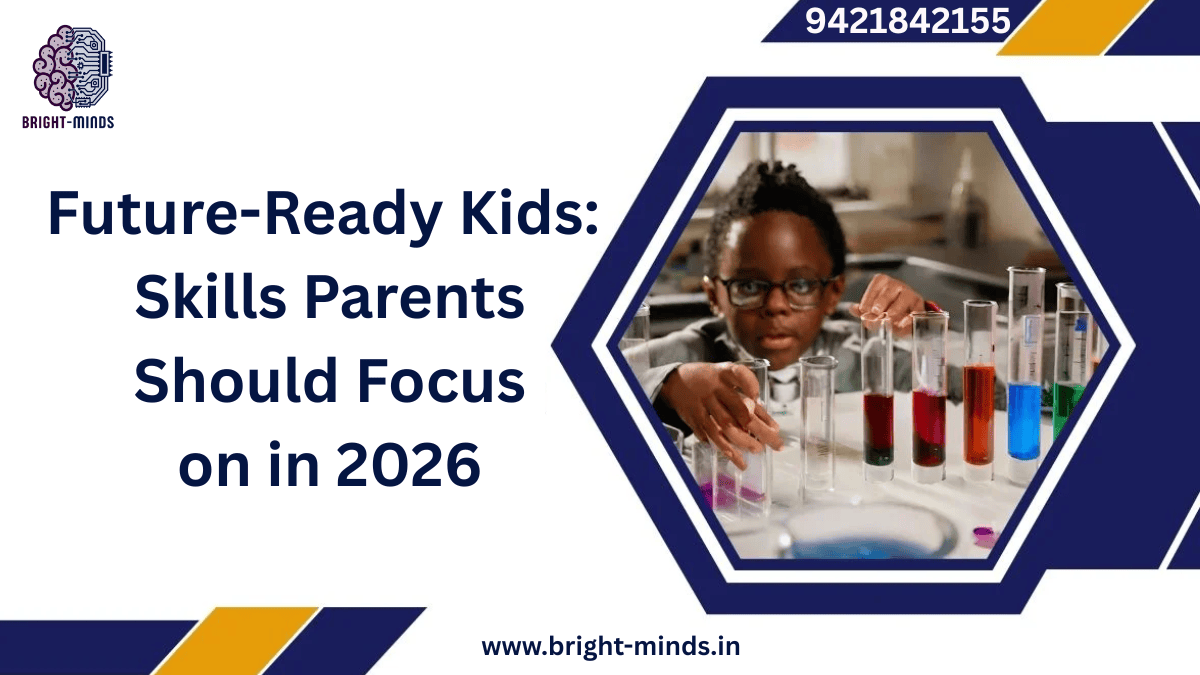
Future-Ready Kids: Skills Parents Should Focus on in 2026
The world our children are growing up in is changing faster than ever. Artificial intelligence, automation, remote work, and digital platforms are no longer part of the future — they are part of daily life. In this rapidly evolving environment, one thing is clear: academic marks alone are not enough […]
Read More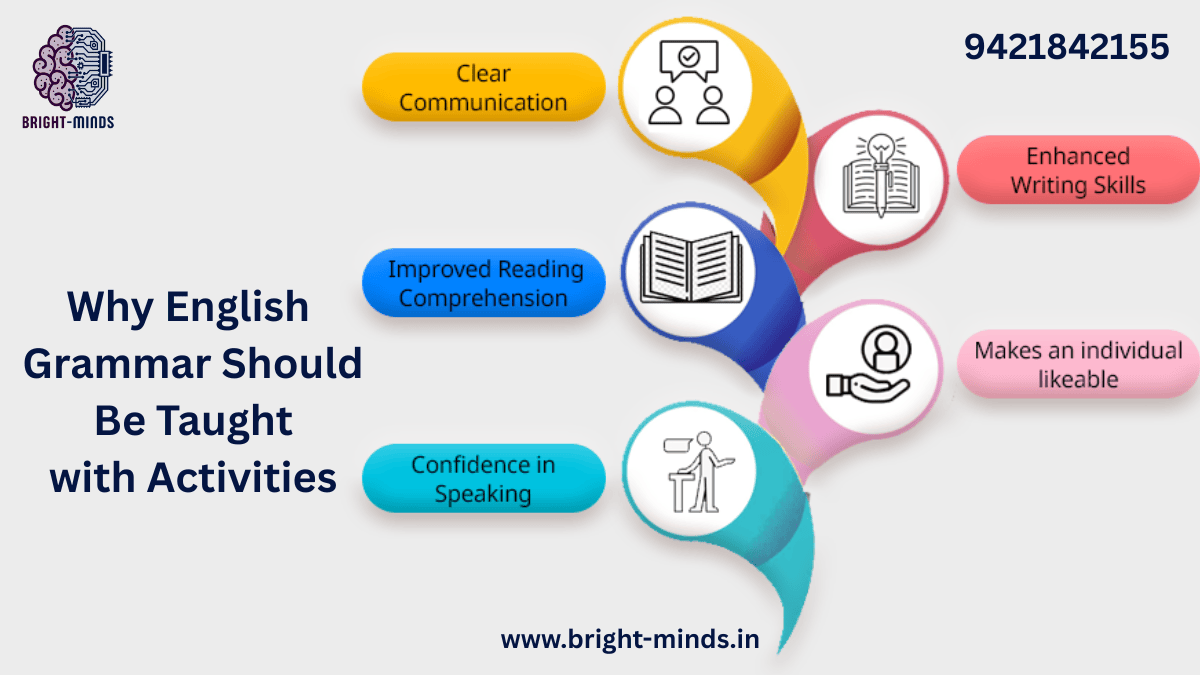
Why English Grammar Should Be Taught with Activities
For many students, English grammar feels difficult, boring, and confusing. They memorize rules like tenses, articles, and prepositions, yet still hesitate while speaking or writing. This happens because grammar is often taught as theory instead of practice. That is why English grammar activities have become essential in modern learning. When […]
Read More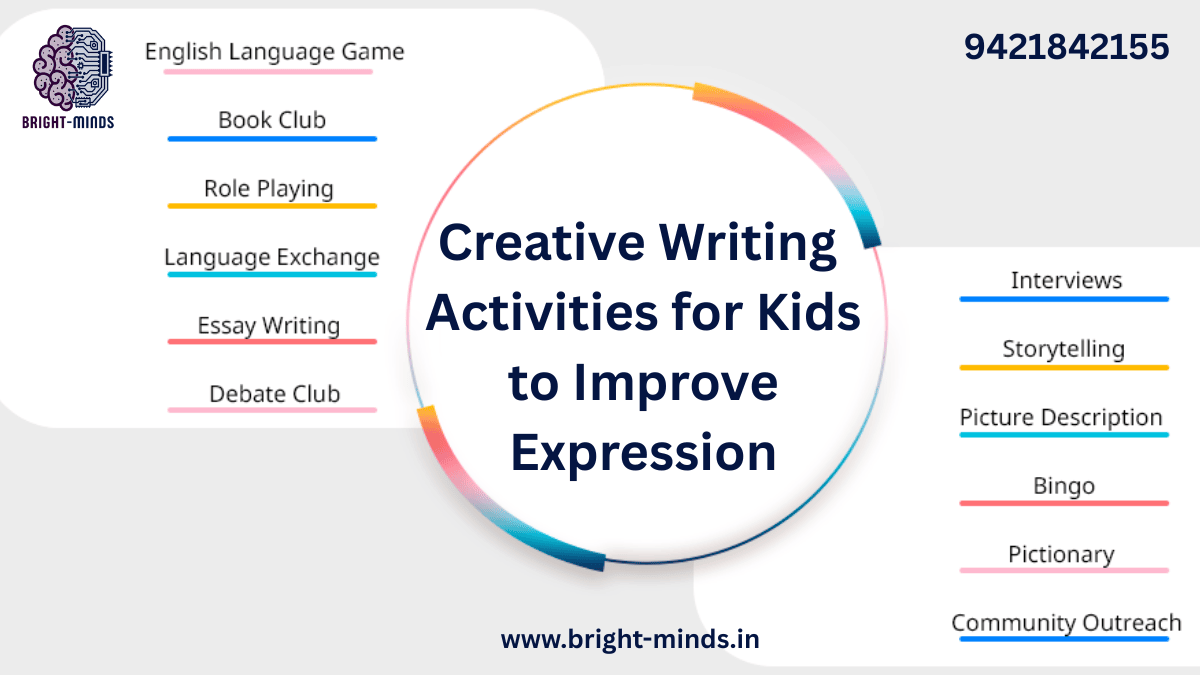
Creative Writing Activities for Kids to Improve Expression
In today’s fast-moving digital world, children are exposed to screens more than stories. While technology brings many benefits, it has quietly reduced one powerful skill — self-expression. That is why creative writing activities for kids have become more important than ever. Creative writing is not just about grammar or spelling. […]
Read More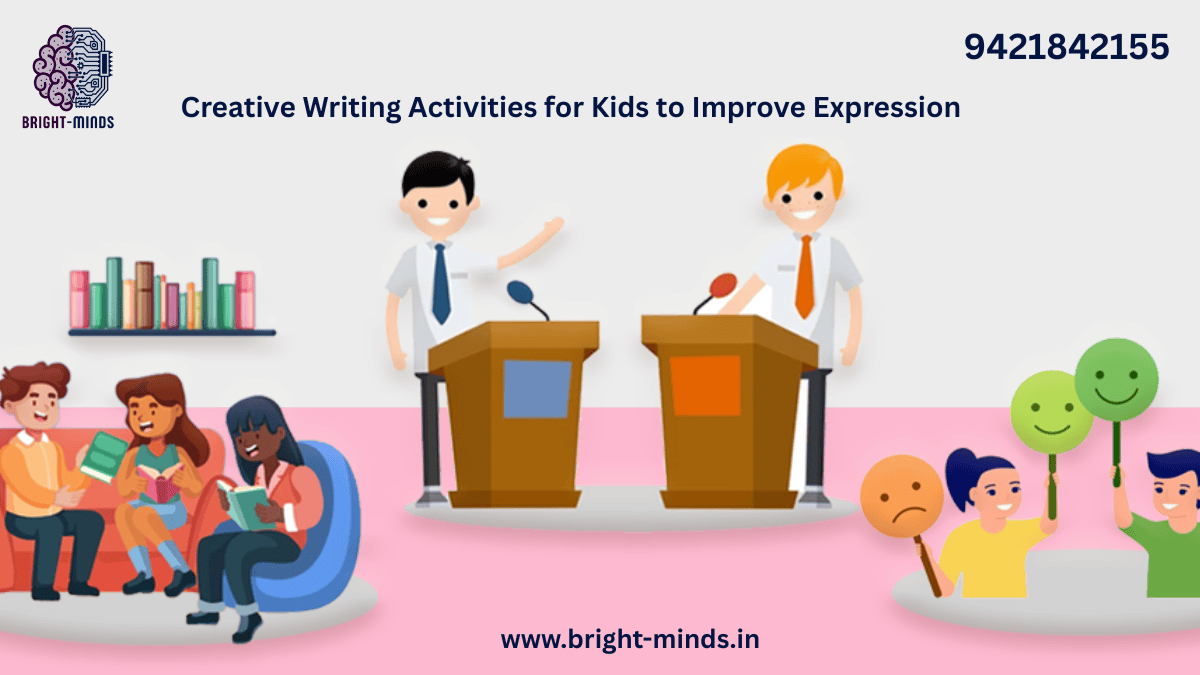
Creative Writing Activities for Kids to Improve Expression
IntroductionIn today’s fast-moving digital world, children are surrounded by screens, short videos, and instant messages. While technology has its place, the ability to express thoughts clearly through words is more important than ever. This is where creative writing activities for kids play a powerful role. These activities not only improve […]
Read More
